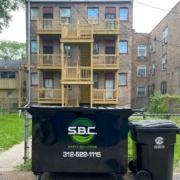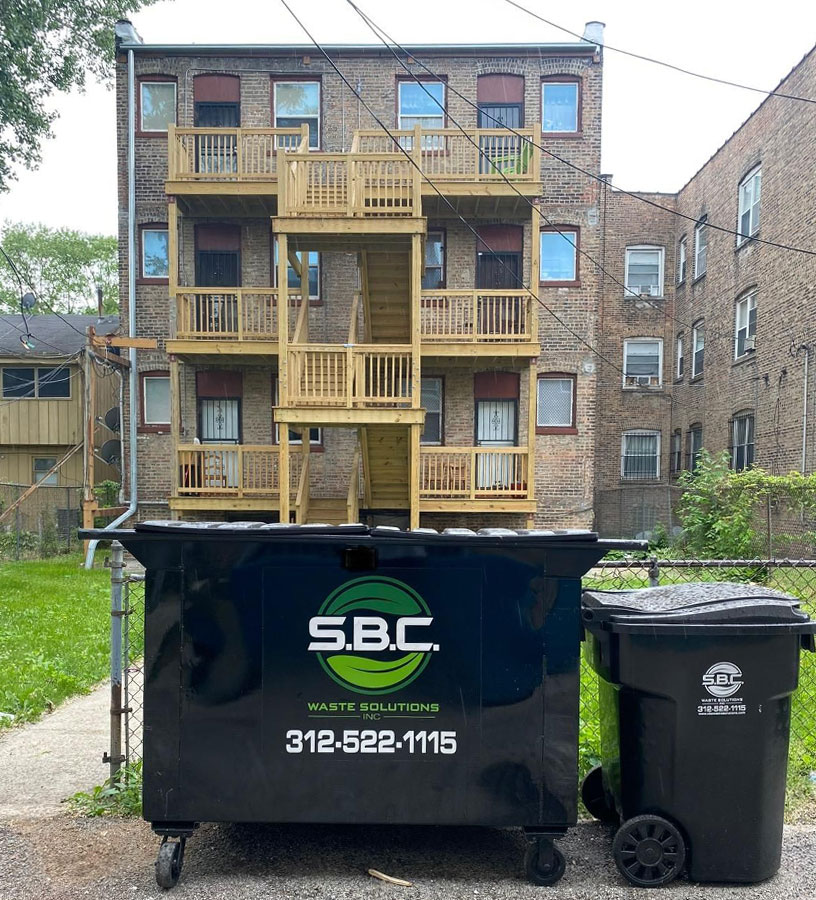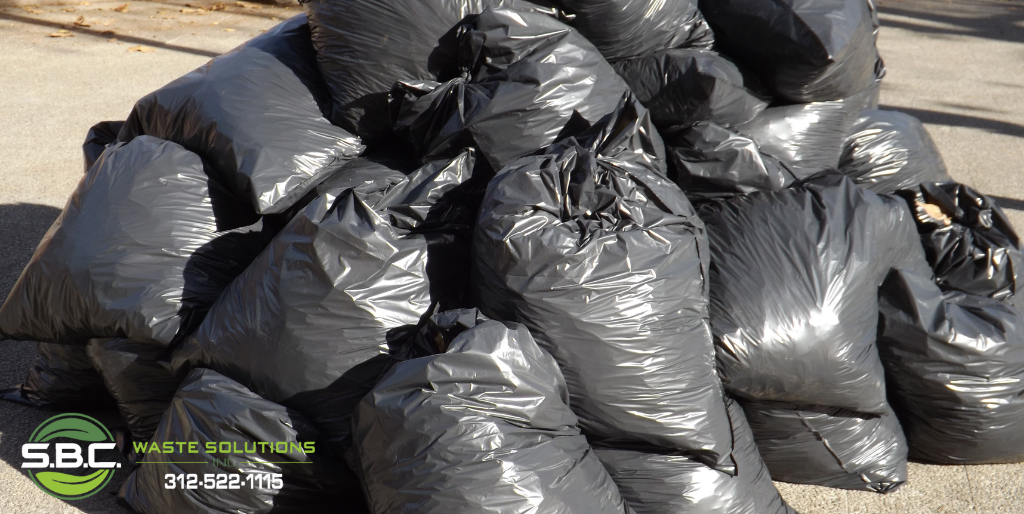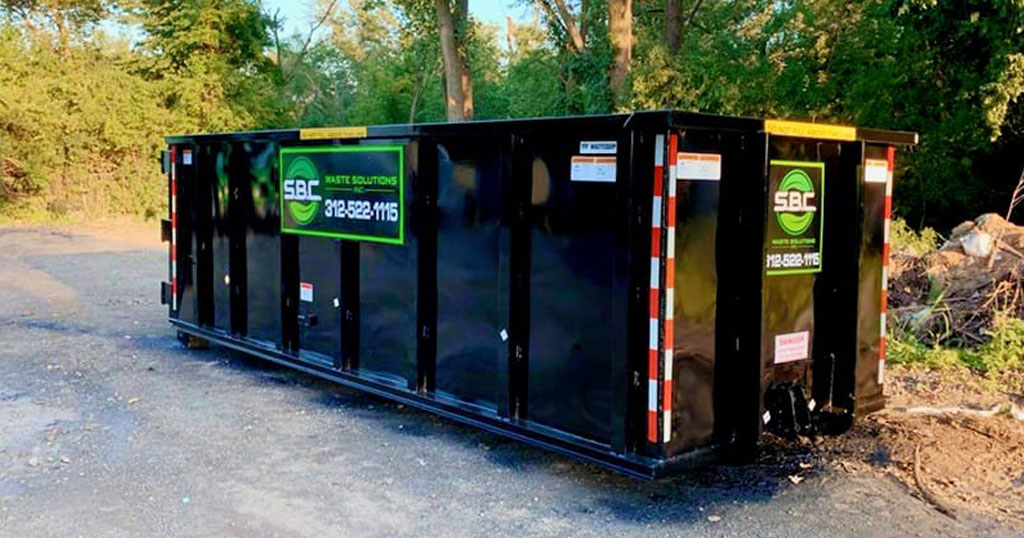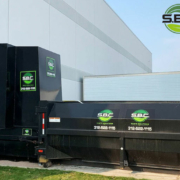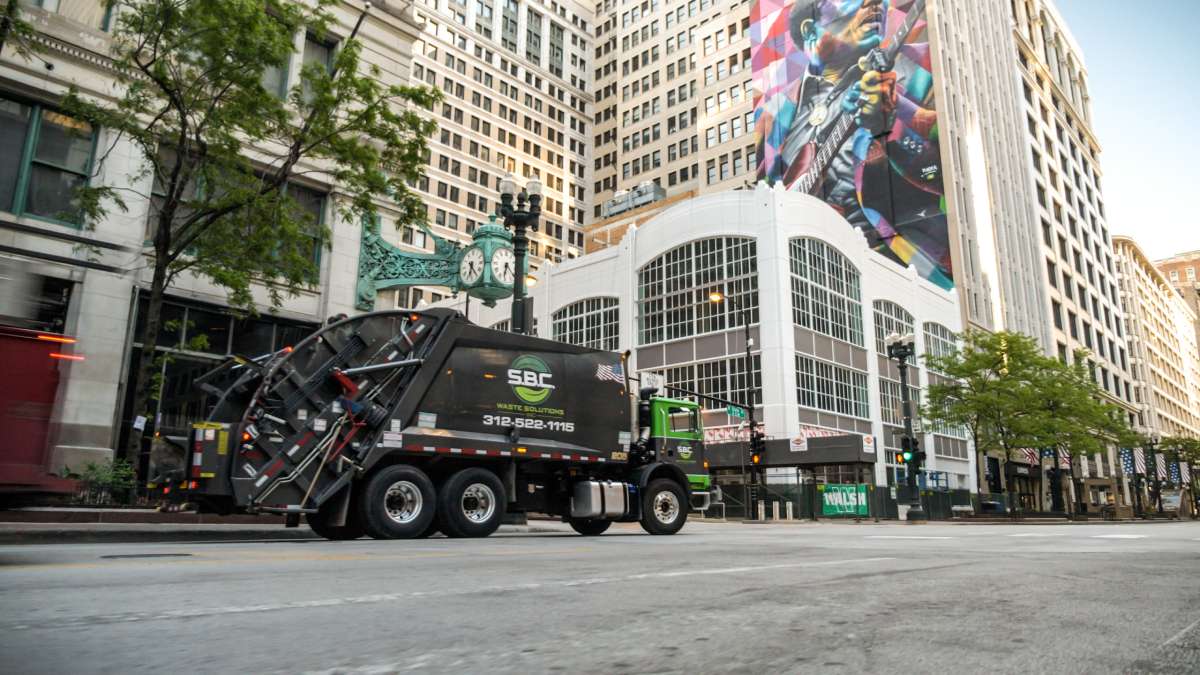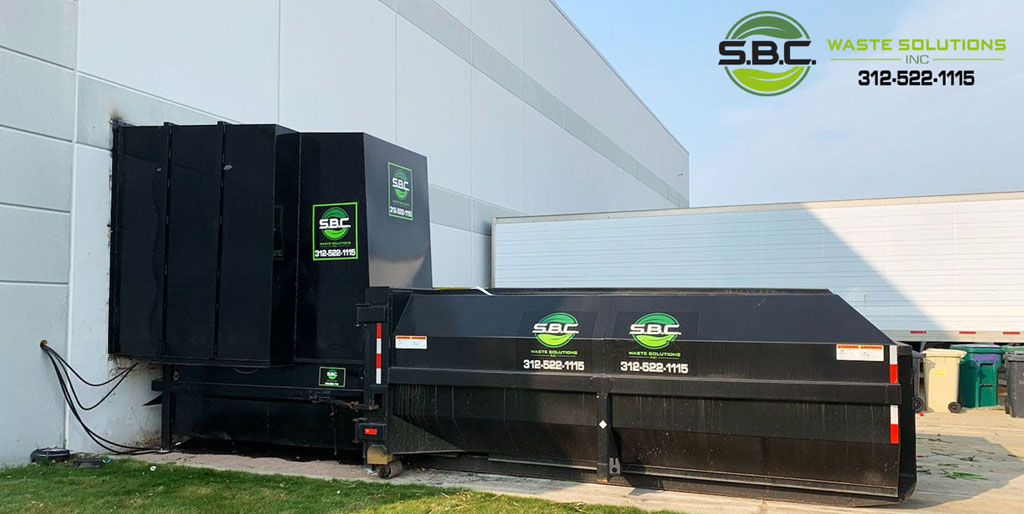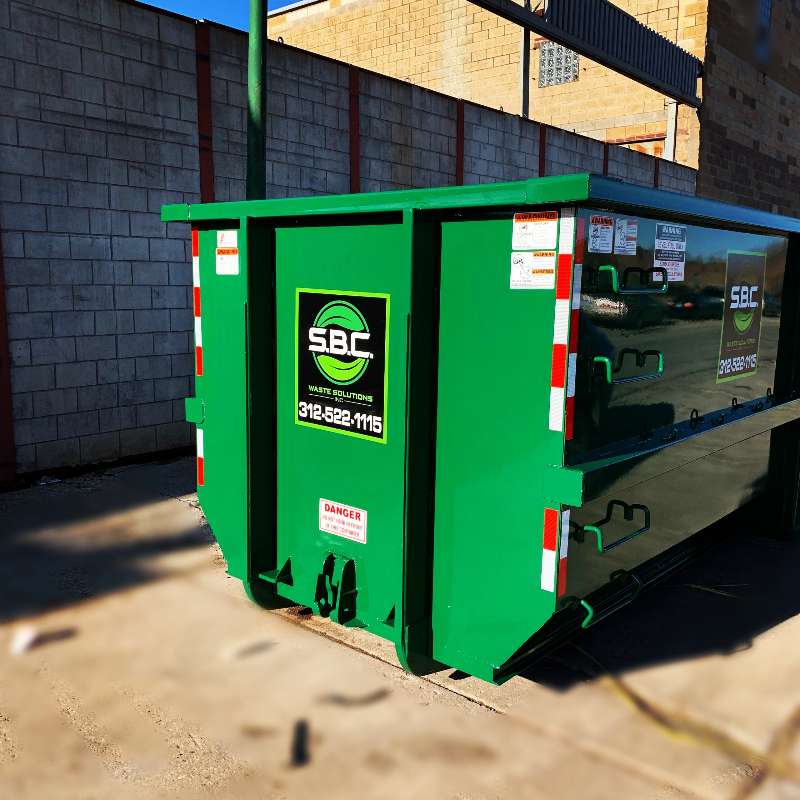The Environmental Benefits of Regular Recycling Pickup Services
The Environmental Benefits of Regular Recycling Pickup Services
Recycling has been a buzzword for decades, but it’s much more than just a passing trend. It’s a crucial step toward addressing environmental challenges such as overflowing landfills, resource depletion, and climate change. Yet, for many, making recycling a regular practice can feel like a daunting task. That’s where recycling pickup services step in to simplify the process and maximize impact.
This post explores how regular recycling pickup services not only make life easier but also support environmental sustainability. From reducing landfill waste to conserving natural resources and slashing greenhouse gas emissions, we’ll highlight the positive environmental effects of recycling. We’ll also introduce how SBC Waste Solutions delivers effective, eco-friendly recycling programs to help bring about meaningful environmental change.
Understanding Recycling and Its Necessity
What Is Recycling and Why Does It Matter?
Recycling is the process of collecting and processing materials that would otherwise be discarded as waste and turning them into new, usable products. It encompasses a wide range of materials such as paper, plastics, glass, metals, and electronics. By reintroducing these materials into production cycles, recycling conserves resources, reduces waste, and cuts down on pollution.
Failure to recycle comes at a high cost. Globally, millions of tons of waste that could be repurposed wind up in landfills, where they take decades or centuries to decompose. For example, a single plastic bottle can sit in a landfill for approximately 450 years.
Current Recycling Statistics and Challenges
Despite its importance, recycling rates remain staggeringly low. For example, as of recent years, only about 9% of all plastic waste generated worldwide has been recycled. The rest either ends up in landfills or pollutes the environment. One of the reasons for this low rate lies in traditional recycling efforts, which often require individuals to sort, store, and transport recyclables to collection centers. Many people cite inconvenience, lack of knowledge, and insufficient access to services as barriers to regular participation in recycling programs.
Without systemic changes that make recycling easier and more accessible, these challenges will continue to hinder progress. This is why structured recycling initiatives, such as garbage pickup services, are emerging as game-changers.

Recycling Pickup Service
The Role of Recycling Pickup Services
Making Recycling Convenient
One of the most significant advantages of recycling pickup services is their convenience. Picture this—you no longer need to load a mountain of cardboard boxes into your car or make multiple trips to a local recycling facility. By offering curbside service, recycling pickup programs make the process seamless. Residents and businesses can focus on properly sorting their recyclables while leaving the transport logistics to professionals.
Regular recycling pickups allow more individuals to participate, increasing the volume of recyclables collected and reducing the amount of potentially recyclable waste that ends up in landfills.
Driving Engagement and Participation
By removing the hassle of recycling, pickup services make it much easier for people to engage. Participation levels tend to rise when recycling becomes part of a consistent, streamlined routine. For businesses, regular pickups help meet sustainability goals, while for households, they foster environmentally friendly habits that impact future generations.
SBC Waste Solutions goes a step further by offering personalized recycling plans that cater to different communities. Whether urban neighborhoods or rural areas, they provide tailored solutions designed to suit specific needs, ensuring optimal participation across the board.
Environmental Impact: Reducing Landfill Waste
- The Problem of Landfill Overcrowding: Landfills in the U.S. are filling up at an alarming pace. The Environmental Protection Agency (EPA) estimates that the country currently has over 2,600 active landfills, but space is a finite resource. When landfills overflow, they pose risks including soil contamination, water pollution, and methane emissions. They also take up valuable land that could be used for more productive purposes such as agricultural or green space.
- Diverting Waste Through Recycling Pickup: By increasing the volume of materials diverted from landfills, regular recycling pickup services significantly reduce waste buildup. This process helps to extend the usable lifespan of existing landfills, alleviating pressure on surrounding ecosystems.
Take, for instance, the success stories of towns and cities that have implemented routine recycling pickup services. Some have seen their landfill contributions drop by over 50%, demonstrating the tangible benefits recycling can offer on a large scale. SBC Waste Solutions has been instrumental in supporting such initiatives, leveraging their expertise to optimize waste diversion strategies.
Conservation of Natural Resources
- Why Resource Conservation Matters: Our planet’s natural resources are finite, yet we continue to use them at an unsustainable rate. Mining for minerals, harvesting trees, and drilling for fossil fuels all take a significant toll on ecosystems and biodiversity. Without interventions like recycling, resource depletion could lead to dire consequences for both the environment and human society.
- How Recycling Conserves Resources: Recycling replaces the need for raw materials by repurposing existing products. For example, recycled aluminum requires 95% less energy to produce compared to new aluminum from bauxite ore. Similarly, recycling paper reduces the need for deforestation, helping to maintain tree cover and combat climate change.
SBC Waste Solutions ensures that recyclable materials are processed with the utmost efficiency, maximizing resource conservation. Their team plays an active role in raising awareness about proper recycling practices, thereby increasing the effectiveness of collection and sorting processes.
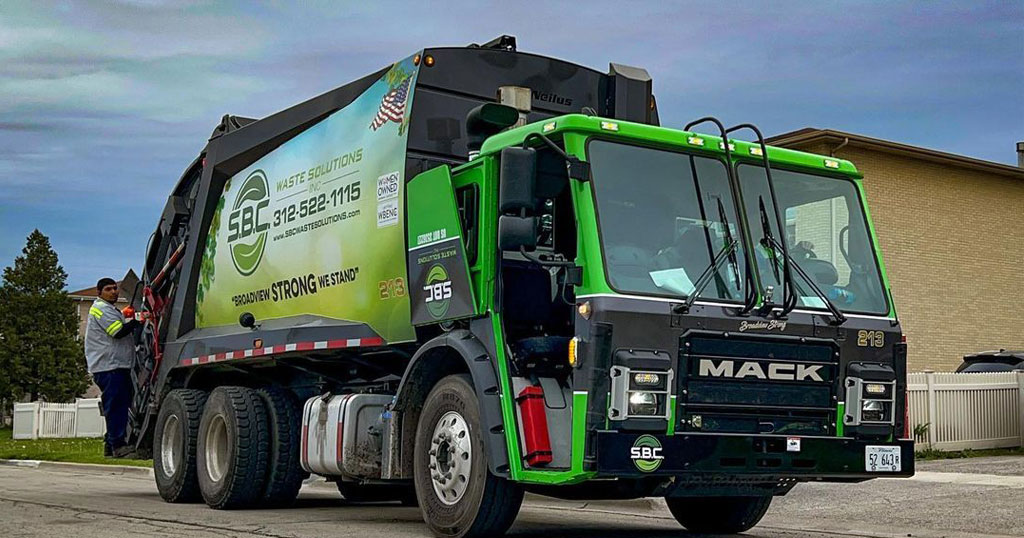
Recycling Service
Mitigating Climate Change: Reducing Greenhouse Gas Emissions
- Waste and Its Link to Climate Change: Landfills are among the top emitters of methane, a potent greenhouse gas. Methane traps 25 times more heat in the atmosphere than carbon dioxide, making it a significant contributor to global warming. Reducing landfill waste is, therefore, a critical step toward mitigating climate change.
- Recycling as a Climate Solution: Recycling helps minimize emissions by cutting down waste decomposition in landfills and reducing the need for energy-intensive manufacturing of new products from raw materials. According to research, recycling one ton of mixed paper can save the equivalent of 165 gallons of gasoline in energy.
SBC Waste Solutions demonstrates a commitment to combating climate change through their recycling programs. By reducing their carbon footprint and educating customers about the environmental benefits of recycling, they are working toward a greener future for all.
Community Engagement and Education
- Building Awareness Around Recycling: Education plays a crucial role in the success of any recycling program. Many people remain unaware of which materials can be recycled, how to dispose of them properly, or the environmental impacts of waste mismanagement. Without this knowledge, even well-intentioned efforts can fall short.
- SBC Waste Solutions’ Community Programs: SBC Waste Solutions recognizes the importance of public awareness and actively works to engage communities. Through interactive workshops, educational campaigns, and partnerships with schools and local organizations, they equip individuals with the tools they need to become informed recyclers.
Additionally, their dedication to building relationships within communities fosters genuine enthusiasm for recycling efforts. Testimonials from neighborhoods that have adopted SBC Waste Solutions programs highlight marked improvements in both participation and environmental outcomes.
Economic Benefits of Recycling Pickup Services
Cost Savings for Communities
Recycling programs aren’t just good for the environment—they’re also financially beneficial in the long term. Diverting waste from landfills saves municipalities money on landfill fees and waste disposal costs. These savings can then be reinvested into community development initiatives or other public services.
For businesses, recycling pickup services can lead to reduced overall waste expenses, as recyclable materials are often less expensive to manage than non-recyclable waste streams.
Job Creation
The recycling industry also plays a critical role in job creation. From sorting and processing recycled materials to developing new technologies, the sector supports thousands of jobs every year. Every ton of materials diverted from the landfill creates opportunities not only for environmental improvement but also for economic growth.
Long-Term Economic Viability
Investing in sustainable waste management practices leads to better economic prospects for communities over time. By creating a circular economy based on resource efficiency, recycling helps reduce dependency on imports of raw materials and promotes self-sufficiency.
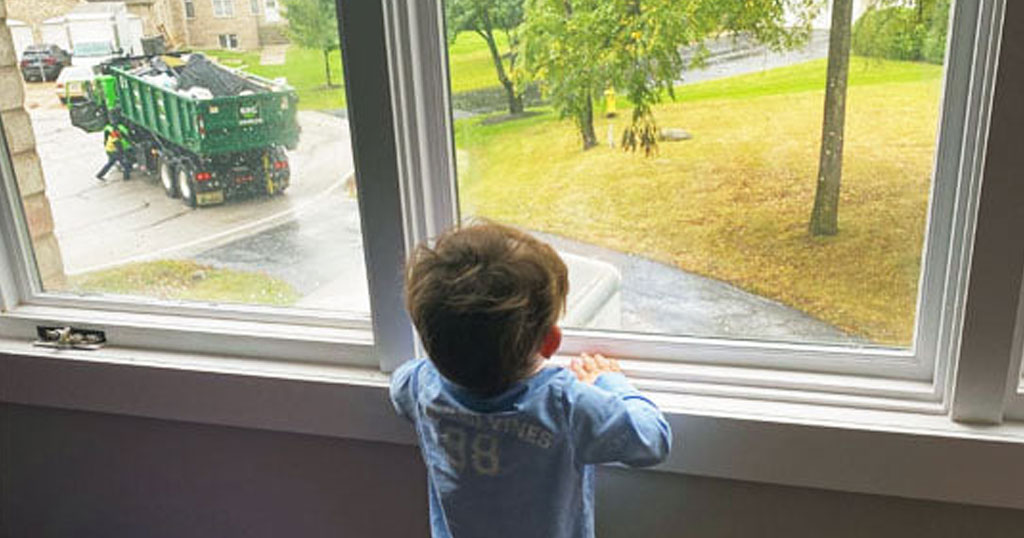
Benefits of Recycling Pickup
Conclusion
By now, it should be clear that recycling is not just an individual responsibility—it’s a collective effort with profound environmental, social, and economic implications. Regular recycling pickup services remove barriers, making it easier for everyone to participate in recycling initiatives. From reducing landfill waste and conserving resources to combating climate change and boosting local economies, the benefits are immense.
SBC Waste Solutions stands out as a leader in facilitating recycling efforts, offering customized solutions that meet the unique needs of various communities while driving positive change. If you’re ready to make a difference, consider making regular recycling pickup services part of your home or business. Small steps lead to significant impact, and together, we can create a sustainable future for generations to come.
Explore SBC Waste Solutions’ services today and take the first step toward a cleaner, greener planet.
https://www.google.com/maps?cid=4180240075447051620


